"Self-reflection is self-assessment, and one of the most significant learning tools we can model for our students. Ultimately, we want our children and adolescents to be the self-assessors of their work, dispositions, and goals. Research repeatedly reports that the difference between good teachers and superior teachers is that superior teachers self-reflect."
|
|
Scooped by Beth Dichter |
We ask our students to reflect on their work, but do we ask them to reflect on their social and emotional development? This post from Edutopia looks at the importance of self-reflection in these areas.
The author discusses how the brain is wired to do self-assessment, stating:
'When we teach to a child's or adolescent's brain, we empower that student with the "inner resources" that directly affect his or her ability to pay attention, engage, and create meaningful learning experiences. School culture is simply about relationships, and the brain is relational organ designed to survive, think, and feel.'
She has also uploaded three great documents that you may print out and use with your students. These documents are:
* Self-Assessment Rubric for Social and Emotional Development
* Social and Emotional Development Daily Goals
* Social and Emotional Development Questions for Reflection
Working with social and emotional development as an avenue for self-reflection may be new to you, but to help our students gain this ability to self-assess make create changes in the classroom that lead to students feeling safer.



 Your new post is loading...
Your new post is loading...


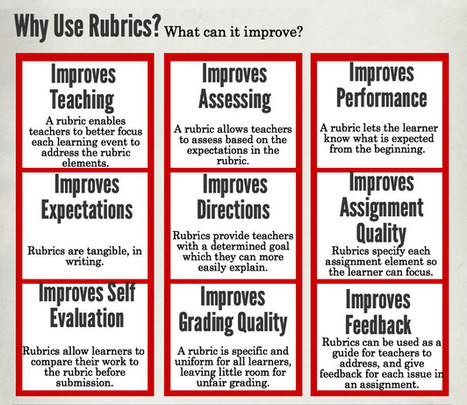
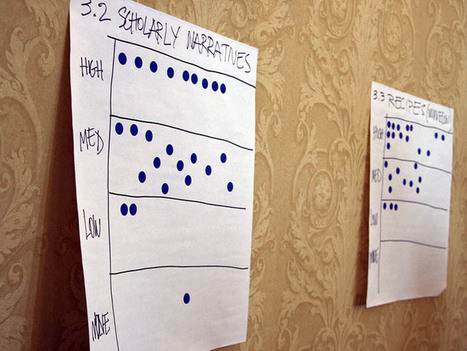
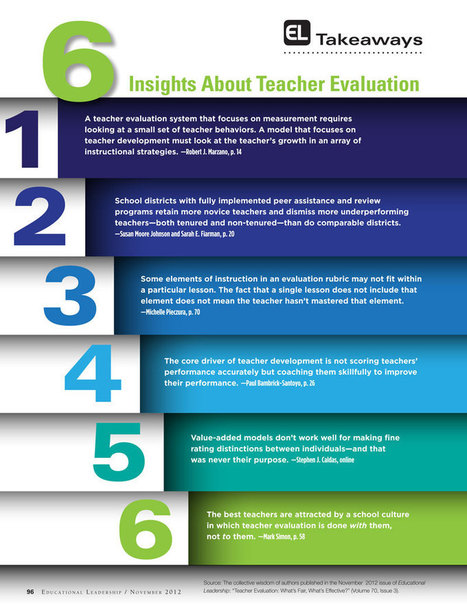


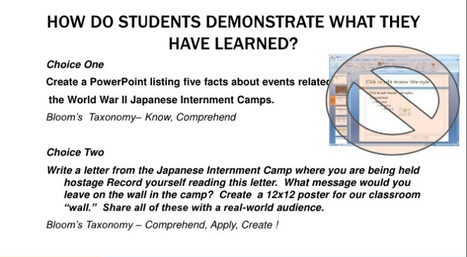


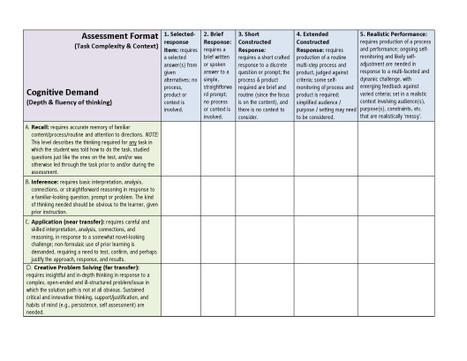
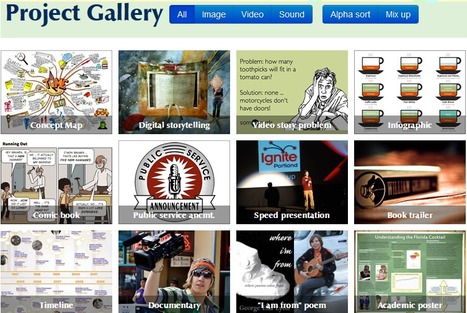



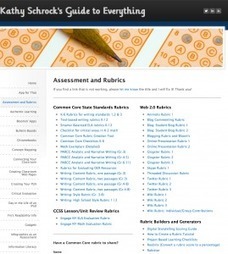

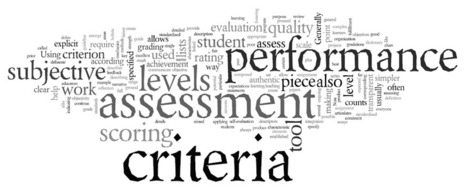







The tools to help teachers and students to reflect on their work is impressive. I appreciated the downloadable rubric and questions. I see this as a source text for a graduate seminar. Helping students to develop the ability to self-assess will allow them to grow just as teachers grow and excel from reflection.